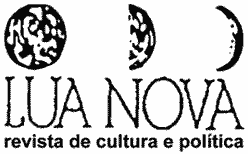The article aims to analyze the interventions of Quentin Skinner and Philip Pettit in the current disputes on the meaning of the concept of liberty. It argues that despite differences of method and style between the authors, both Skinner and Pettit converge to the advocacy of a republican ideal of "freedom as the absence of domination" which is neither reduced to the ideal of self-government of active citizens (positive liberty), nor to the ideal of simple absence of coercion on agents (negative liberty). Although the republican liberty à la Skinner and Pettit is also characterized by the absence of interference, it differentiates itself from the dominant liberal view in that it repudiates only the arbitrary forms of interference - phenomena of dependence and domination - which corrupt the relations amongst citizens as well as the relations between the citizens and the state. Non-arbitrary forms of interference may be beneficial to - or even constitutive of - liberty.
Republicanism; Liberty; Law; Quentin Skinner; Philip Pettit
